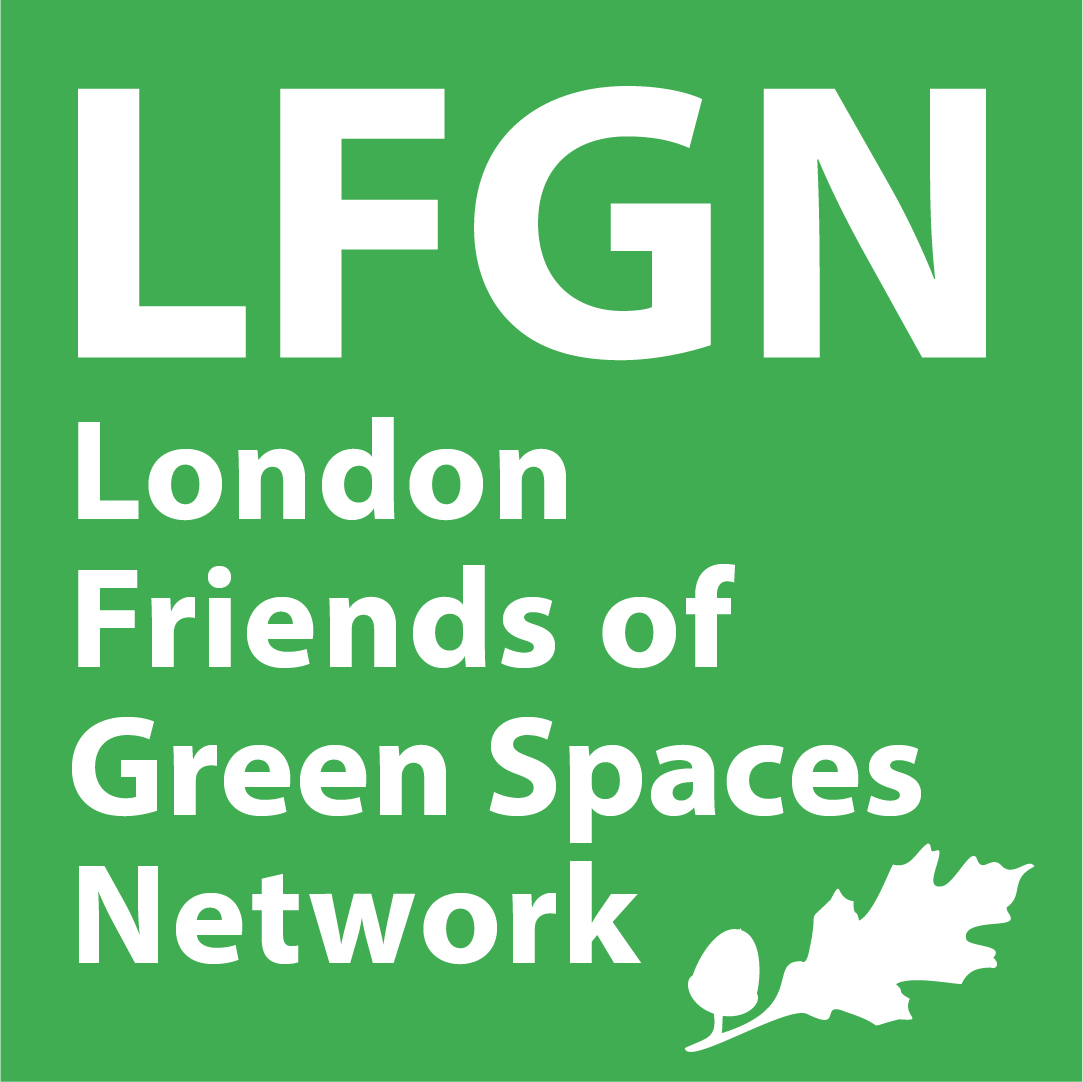The LFGN responded (9th June) to the current London Mayor consultation over potential for rewilding around London, as part of a new the Rewilding Taskforce.
Organisation – London Friends of Green Spaces Network
Rewilding and existing nature recovery practice in London answer
The London Friends of Green Spaces Network (LFGN) represents the movement of 900+ local greenspace Friends Groups. www.lfgn.org.uk The groups are set up and run by local users of green spaces to help promote, improve, protect, maintain and animate their site.
Most of the groups have a key focus on nature conservation and biodiversity, and helping to strengthen and develop that aspect of the public space. Many of such groups have had substantial success in that regard. The LFGN holds London-wide meetings of Friends Groups every 6 months [oops typo – should be 6 weeks!] to discuss and share good practice, and to coordinate this movement. In particular we promote the development of active borough Friends Groups Forums where local groups can really share good practice and work in partnership with the local Parks services.
Role of rewilding in cities answer
Re examples of rewilding approaches, I think there will be very many great examples that could be identified where Friends Groups have helped increase nature conservation, biodiversity and re-wilding at their site. If you like we could conduct a survey for you to try to ascertain the extent and detail of such efforts, including potential case studies.
For example my own site, Lordship Rec,Tottenham’s 26ha district park, has been transformed in terms of biodiversity over the last 20 years, led by the Friends in partnership with Haringey Council’s Parks Service – with a daylighted river channel, large areas of grassland/meadow, and areas of scrub and woodland The park is now co-managed by the Council and community, is awaiting confirmation of being upgraded to a Site of (Borough) Importance for Nature Conservation. Meanwhile here’s a link to the Lordship Rec Conservation Action Plan: https://lordshiprec.org.uk/conservation-action-plan-for-lordship-rec-2022-2027/
Rewilding opportunities in London answer
Every public open space has opportunities for improving biodiversity, obviously depending on the size and character of the site and the pattern of usage by local people. However, biodiversity needs to be carefully balanced and integrated by ensuring that the range of other needs (sport, play, walking routes etc) are also protected and improved. It is vital that decisions about improvements to public green spaces are not taken ‘top down’ and that the range of needs of local communities are taken into consideration.
One mechanism for achieving this is to develop site specific Conservation Action Plans (see previous answer above). But for this to happen meaningfully it generally needs active community involvement and genuine partnership-working, as well as an experienced and passionate agent such as The Conservation Volunteers hired by a local Authority to coordinate and progress the process.
Funding and policies answer
Very many of the Friends Groups choose to take on fundraising and project management, as well as landscape maintenance volunteering sessions – many would be interested in any funding streams geared towards community-led projects for public green spaces.
It is vital that applications should be easy to fill in, that there be no unnecessary obstacles put in the way of a successful application, and that site managers/owners are supportive of genuine community involvement and empowerment.

